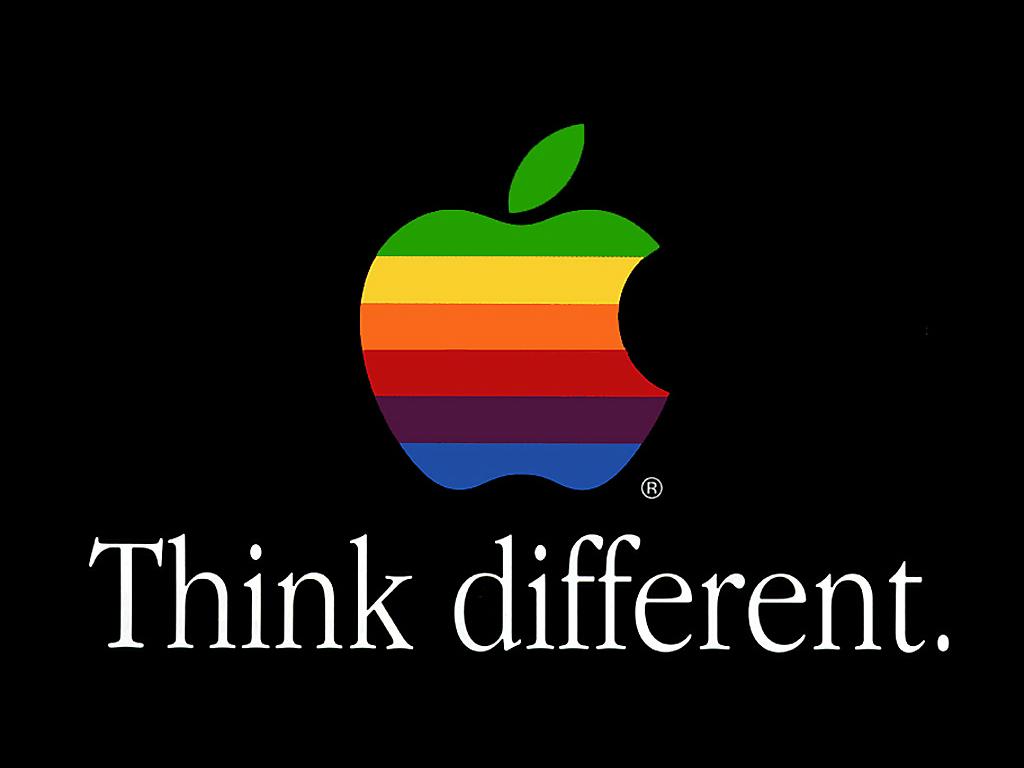Apple’s Curse
Last Fall, Apple included a fingerprint sensor in its latest iPhone, and called the technology ‘TouchID’. A few days ago, Samsung did the same, including its own fingerprint sensing technology in its latest Galaxy S5 phone.
The blogosphere has been aflutter about one small difference between the two launches: when Apple launched their technology, there was a huge uproar about the implications of using fingerprints as an authentication tool. As everyone has been pointing out, even a US Senator, Al Franken, issued a public email (PDF) addressed to Apple asking for clarifications and explanations regarding the technology and its implications. In contrast, Samsung’s new technology has received no such attention.

Apple: Think Different.
Here are my two cents on the reasons:
First, Samsung’s technology has followed Apple’s by almost half a year. In this time, users have had the chance to use the technology first hand, and have realized that the world has not, in fact, turned on its head. Thus, a similar technology from Samsung, even though its implementation is way more far reaching, has not brought any new questions or paranoia.
Second, and more importantly, Apple is a modern cultural and technological icon. There’s no way around it—anything that Apple does is subject to way more scrutiny than any of its competitors. And this is because—even if subconsciously—we have come to expect greatness, caution and prudence from this company and its products. Hence, for example, the attention to Apple’s Chinese production lines, even though every other technology company uses the same companies, and the attention to Apple’s tax schemes, even though every other company does the same—perfectly legal—thing.
This is how it should be.
Apple has shown itself to be the leader of the pack, the pioneer of modern technology; the company to follow, imitate and plagiarize from. Apple has similarly shown leadership and candor in other matters: when scrutinized about their tax practices, they actually suggested tax reforms; when a bill to solidify employee non-discrimination was on the table, Apple endorsed it, and their CEO Tim Cook personally talked about it. And, oh, even without a law being present, Apple of course already had in-house rules of similar effect, as a matter of principle; it simply would not do for it to be otherwise.
With great power, as they say, comes great responsibility, and this extra scrutiny, the extra attenion and paranoia, is the flip side to their influence and strength—their curse along with their blessing, if you will.
May Apple carry this curse with pride and with distinction, for times to come.